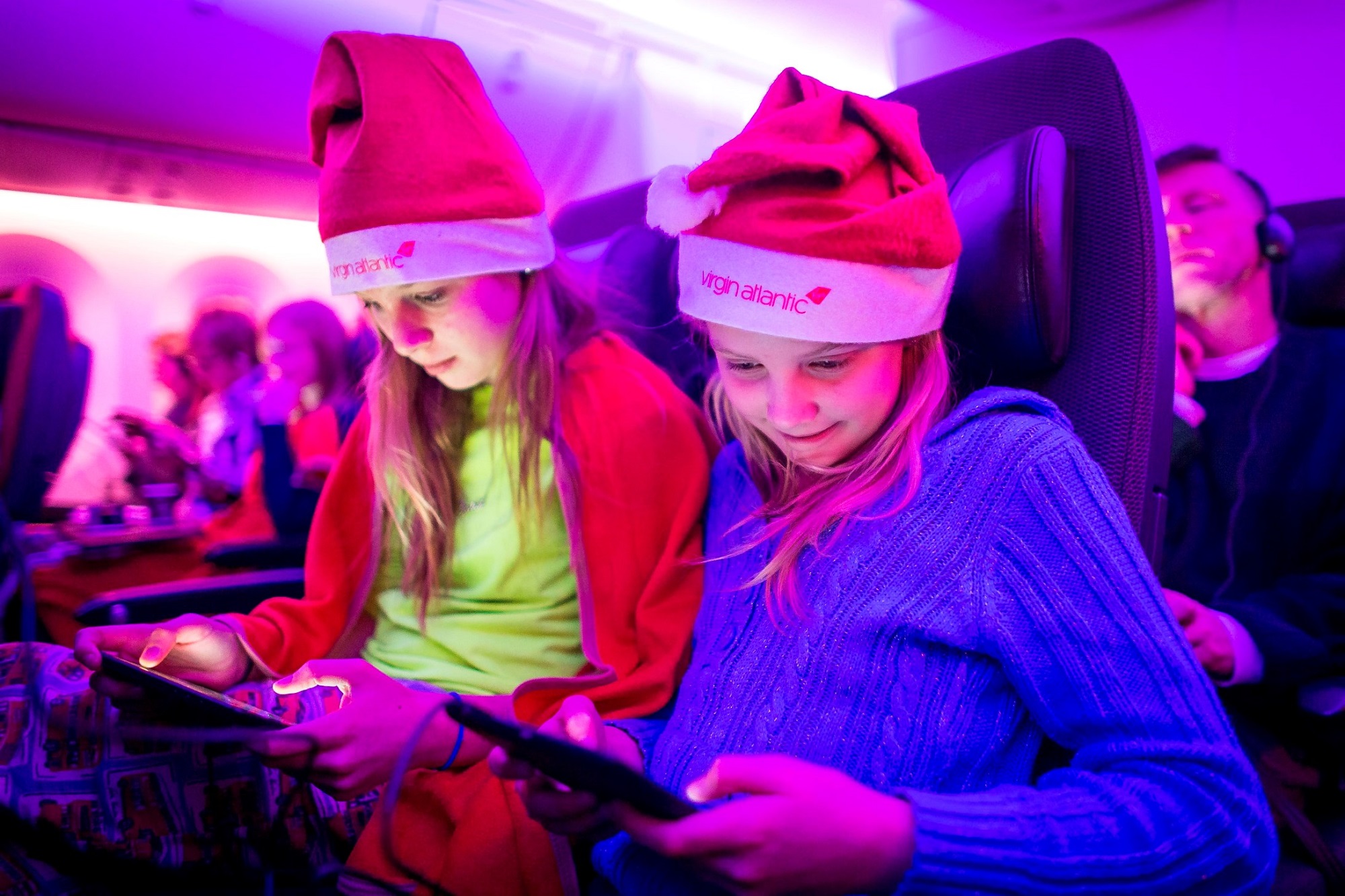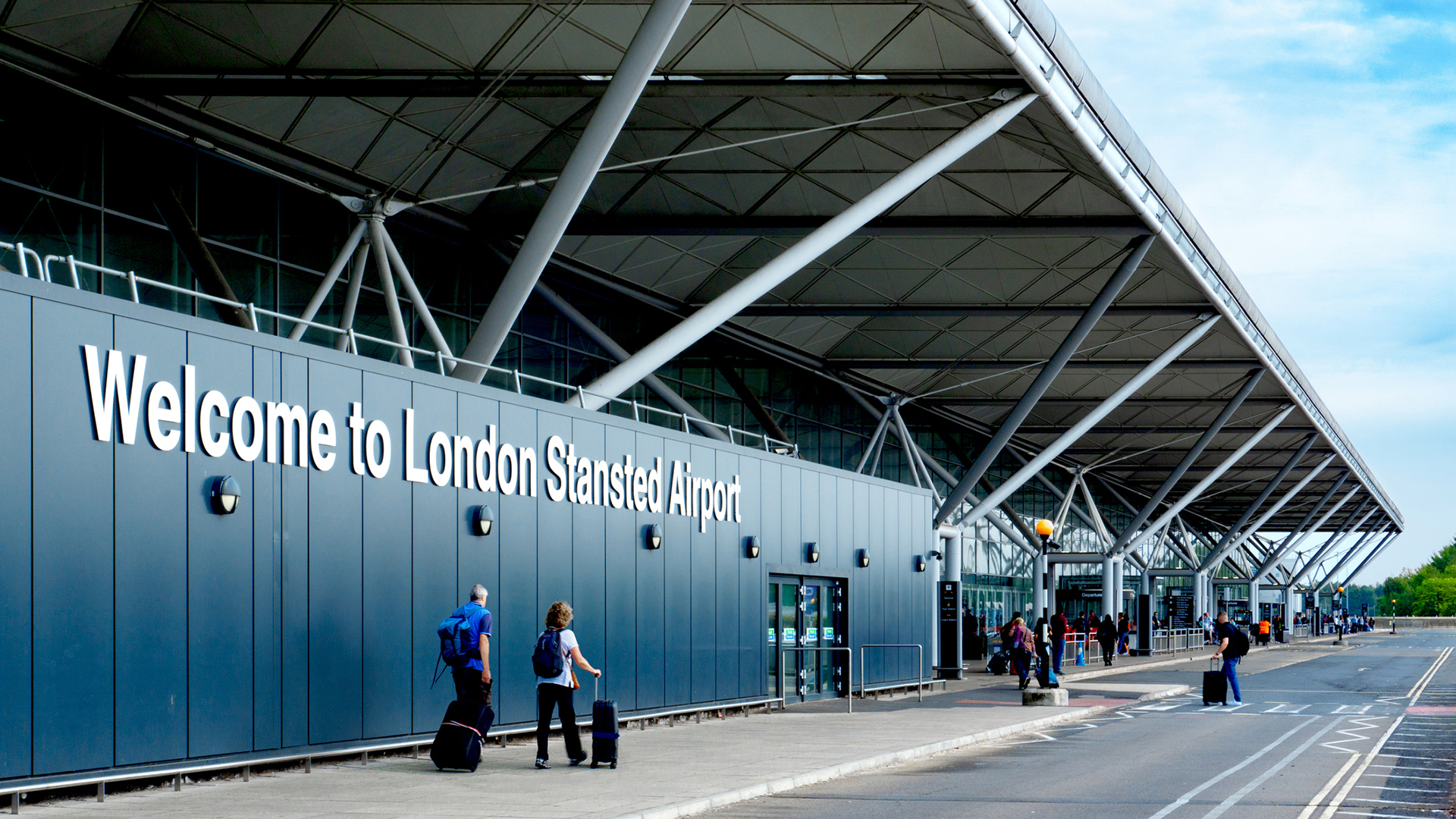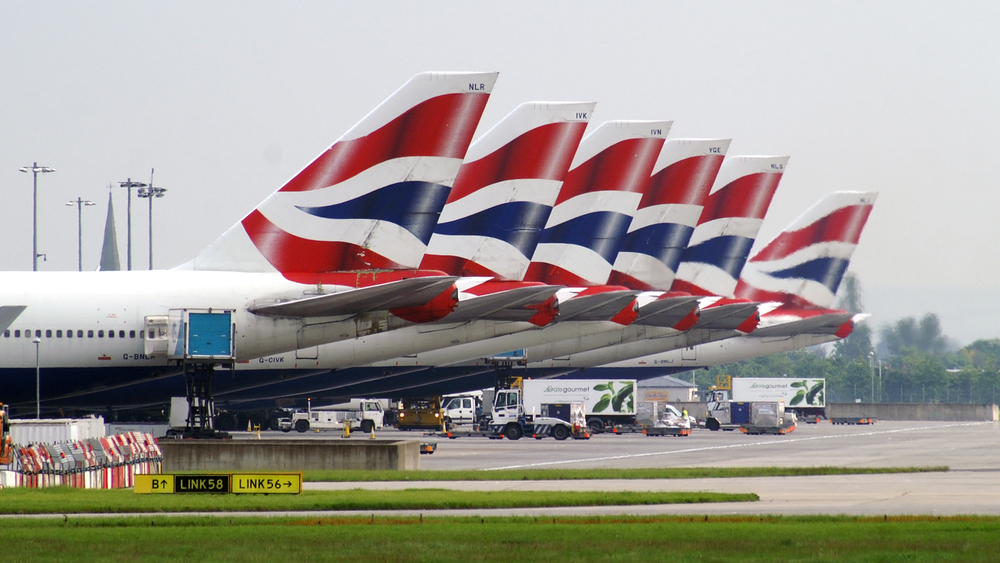Virgin Atlantic 'to create motion sensor cabin with Xbox Kinect'
Microsoft to help airline create tech-savvy flight experiences

Virgin Atlantic is reportedly working with Microsoft to create a motion sensor cabin that improves passengers' flight experience.
The airline will introduce Redmond's Xbox Kinect technology to its aircraft to analyse customer movement on-board, changing their environment to maximise their comfort, according to The Drum.
Head of customer experience at Virgin Atlantic, Debbie Hulme, told The Drum: "We're looking at the Kinect technology to really see if we can read consumer behaviour and movement in the cabin to understand at an individual level what is the most comfortable place for you to work, to sleep, to eat and how we might develop that intelligence into an on-board product to tailor it far more to the individual customer."
Its aircraft could use Kinect's motion sensor capabilities to react to customers moving about to change things like lighting, termperature and seat positions in real time, she added.
That is just one facet of a partnership between the firms that will include analytics and other technologies, and which started with a flight from Heathrow to Boston on Sunday night.
Passengers on the flight were all handed a Windows 8.1 tablet, pre-loaded with an app that tracked Father Christmas' flight across the Atlantic.
Connected to the on-board Wi-Fi, the app also let passengers chat to Father Christmas, before he landed on the flight to pose for selfies with them.
Sign up today and you will receive a free copy of our Future Focus 2025 report - the leading guidance on AI, cybersecurity and other IT challenges as per 700+ senior executives
Hulme said: "Microsoft is also providing us with the analytics to look at how passengers interacted with the technology so we can work out what they enjoyed the most.
"This will enable us to continually improve and innovate. Expect to see more from Virgin Atlantic and Microsoft in 2015."
The airline will continue to explore potential ways to use technology on flights with Microsoft as it seeks to improve passengers' flight experiences.
Fred Warren, creative director of Microsoft Connected Digital Services, added: "Through this experience we are looking to explore how the aircraft can be brought to life in different ways via the use of digital technologies to amplify the amazing service that is offered to customers today and how passengers engage after the flight.
"We were able to give passengers a glimpse of what is possible from more immersive flight experiences."
-
 Hackers are using LLMs to generate malicious JavaScript in real time
Hackers are using LLMs to generate malicious JavaScript in real timeNews Defenders advised to use runtime behavioral analysis to detect and block malicious activity at the point of execution, directly within the browser
-
 Developers in India are "catching up fast" on AI-generated coding
Developers in India are "catching up fast" on AI-generated codingNews Developers in the United States are leading the world in AI coding practices, at least for now
-
 Stansted IT glitch causes thousands to miss their flights
Stansted IT glitch causes thousands to miss their flightsNews Eight hour outage causes chaos at UK’s fourth busiest airport
-
 Amazon’s new Lookout for Metrics monitors your organization’s KPIs
Amazon’s new Lookout for Metrics monitors your organization’s KPIsNews Lookout for Metrics uses machine learning to detect anomolies
-
 TikTok to open first European data centre in Ireland
TikTok to open first European data centre in IrelandNews The move could signify a desire to shift its operations away from the US as well as secure its position in the European market
-
 Non voyage: Coronavirus, Brexit and the future of business travel
Non voyage: Coronavirus, Brexit and the future of business travelIn-depth The current pandemic and the UK’s impending departure from the EU could have grave consequences for corporate travel
-
 What is Network Intelligence?
What is Network Intelligence?In-depth A look at the technology enabling businesses to analyse data packets in real-time
-
MPs in a muddle over GDPR and storing voters' personal data
News Labour MP Chris Bryant says his staff were told to delete constituents' data
-
 Three keys to successful data management
Three keys to successful data managementIn-depth Companies need to take a fresh look at data management to realise its true value
-
 Trump resort will not be charged for breaching data laws
Trump resort will not be charged for breaching data lawsNews Presidential hopeful's Scottish golf course failed to register under the Data Protection Act for four years